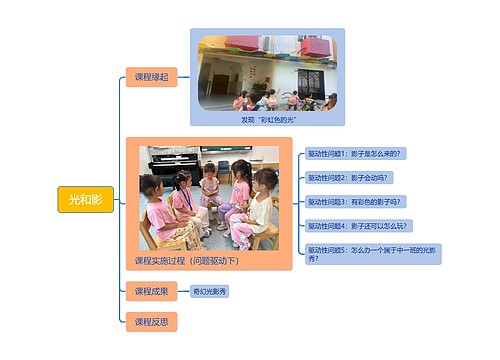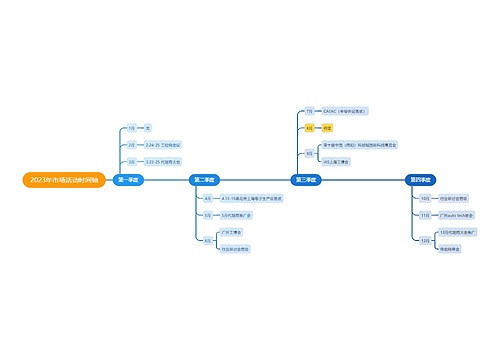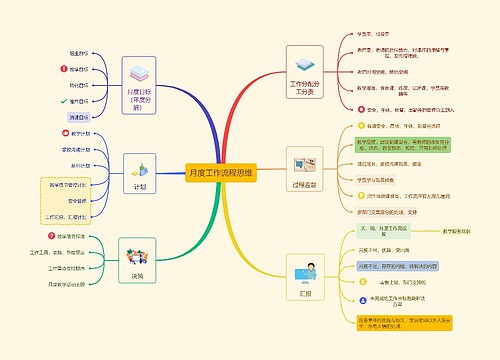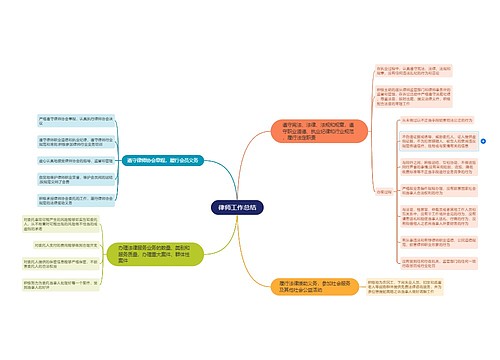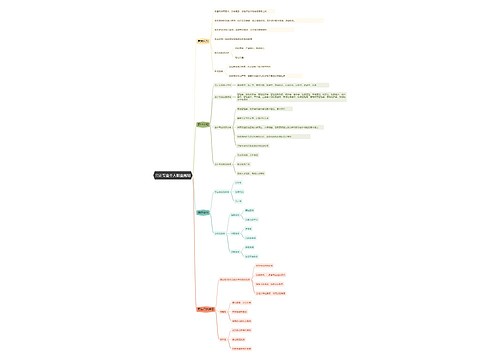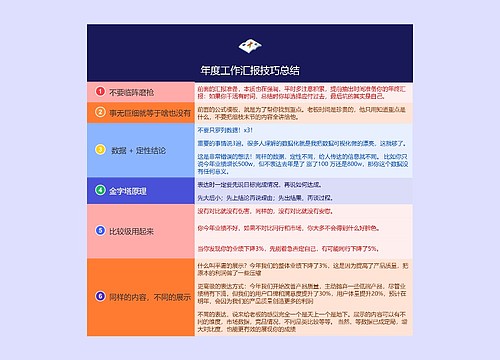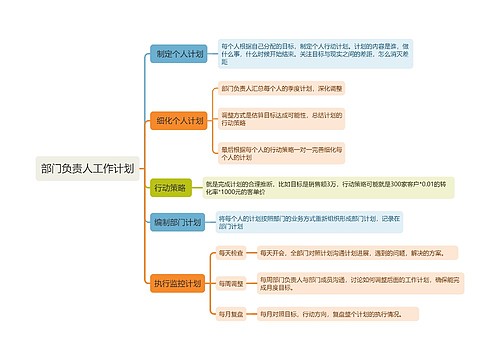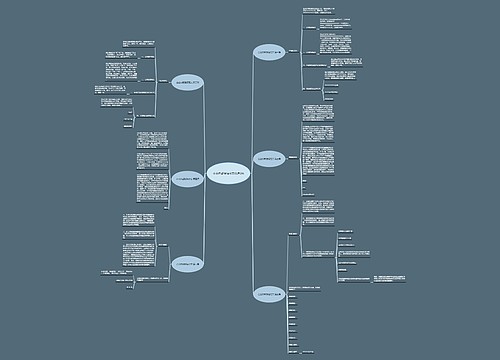3. —What does your mother do? 你的妈妈是做什么的?
5. —What are you going to do on the weekend? 你周末打算做什么?
6. 去掉末尾的e加ing:write—writing?dance—dancing?take—taking?have—having?make—making?ride—riding?dive—diving?
7. 动词后面加or:act—actor;doctor?
8. 一般将来时态(begoingto/will+动词原形)
9. 辅音字母+y结尾的把y变i再加es,如:fly—flies;study—studies?
10. 一般情况加s,如:read—reads;live—lives;play—plays;sing—sings?
12. 动词末尾以s,x,ch,sh或部分以o结尾的加es(记住课本中出现的这几个:
13. A: Do you want to visit the UN building? 你想参观联合国大楼吗? B: Yes, please.
16. —What are you going to do in 20 years’ time? 20年后你打算做什么
18. I’ve got some Chinese chopsticks.
21. There is a big Chinatown in New York. 纽约有个很大的唐人街。
23. 职业男女有区别的:警察policeman—policewoman;演员actor—actress?
24. 第三人称单数包括:he;she;it;myfather/friend;Amy/Hangzhou等一个人名或地名。例如:Helikesdrawingpictures.
26. 动词后面加ist:art—artist;tour—tourist?
28. —How can I get to Zhongshan Park? 我怎样可以到达中山公园?
29. Only drink clean water!
31. China中国/US美国 right 在右边 England英国/Australia澳大利亚 left 在左边
32. 一般疑问句记住:前面助动词加了es,后面动词就不变化了。如:DoessheteachEnglishDoesyourpenpalliveinHangzhou
33. 直接加ing:do—doing?draw—drawing?cook—cooking?answer—answering?read—reading?listen—listening?fly—flying?sing—singing?play—playing?
35. Do you love hamburgers? No, I don’t. 你喜欢吃汉堡吗?不,我不喜欢。
36. —How do you do that? 你是怎样做的?
37. 动词后面加er:work—worker;teach—teacher;sing—singer;TV?report—TVreporterclean—cleaner?
38. --How do you go to school? 你怎样去学校的?
39. You can go by the No.301 bus. Get off at the cinema. Then walk straight for three minutes. The hospital is on the left.
42. —What’s your hobby? 你的爱好是什么?
43. —Where does the rain come from? 雨是从哪里来的?
44. —Where is the cinema, please? 请问电影院在哪里?
45. —Does she teach English? 她是教英语的吗?
46. It’s a very important festival.
47. Turn left at the cinema, then go straight. It’s on the left.
48. 双写末尾字母加ing:get—getting?run—running?swim—swimming?sit—sitting?put—putting?
49. --Where does she work? 她在哪里上班?
50. 末尾以e结尾的直接加r:write—writer;dance—dancer;drive—driver
51. —Where are you going this afternoon? 你下午打算去哪里?

 U633687664
U633687664
 小包卡麻麻
小包卡麻麻